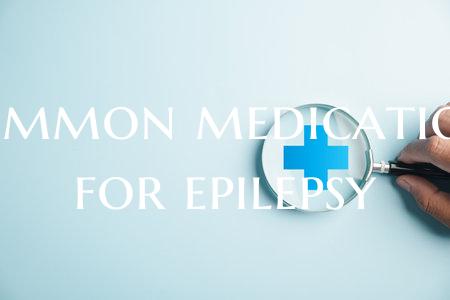
Common medications for epilepsy
Epilepsy is a neurological disorder characterized by recurrent seizures. While lifestyle modifications and other treatments are important in managing epilepsy, medications play a key role in controlling seizures and improving the quality of life for individuals with epilepsy. This guide provides an overview of common medications used in the treatment of epilepsy:
1. Carbamazepine (Tegretol): Carbamazepine is an antiepileptic drug that is commonly used as a first-line treatment for partial and generalized seizures. It works by stabilizing electrical activity in the brain to reduce the frequency and intensity of seizures.
2. Valproic Acid (Depakote): Valproic acid is another widely used antiepileptic medication that is effective in controlling various types of seizures, including absence and tonic-clonic seizures. It works by increasing the levels of gamma-aminobutyric acid (GABA) in the brain, a neurotransmitter that helps inhibit seizure activity.
3. Lamotrigine (Lamictal): Lamotrigine is often prescribed as an adjunct therapy for partial seizures and generalized tonic-clonic seizures. It works by blocking sodium channels in the brain, reducing the spread of abnormal electrical activity that can trigger seizures.
4. Levetiracetam (Keppra): Levetiracetam is a newer antiepileptic medication that is effective in treating various types of seizures, including partial seizures. It works by modulating neurotransmitter release and synaptic transmission in the brain to reduce seizure activity.
5. Topiramate (Topamax): Topiramate is used to treat a range of seizure types, including partial and generalized seizures. It works by enhancing the activity of GABA and blocking glutamate receptors, both of which help reduce abnormal electrical activity in the brain.
6. Phenytoin (Dilantin): Phenytoin is an older antiepileptic medication that is primarily used for treating partial and tonic-clonic seizures. It works by stabilizing sodium channels in the brain, reducing the abnormal electrical activity that can lead to seizures.
It's important to note that the choice of antiepileptic medication will depend on various factors, including the type of seizures, the patient's age, overall health, and potential side effects. It's essential for individuals with epilepsy to work closely with their healthcare provider to find the most effective medication and dosage to control their seizures while minimizing side effects. Regular monitoring and communication with healthcare providers are crucial for successful epilepsy management.